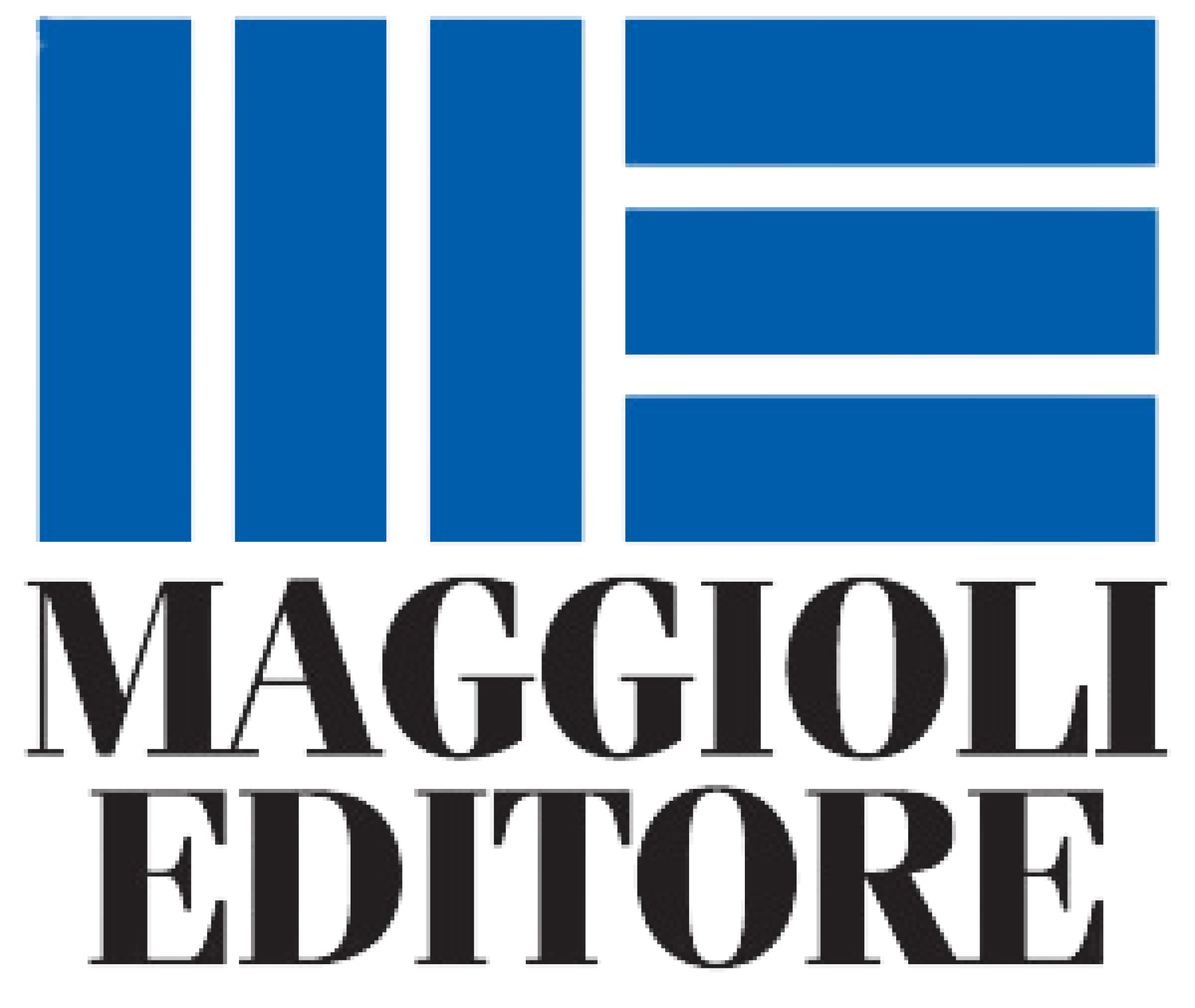The city of Florence will host next 17th February the meeting of the multidisciplinary researchers that are working together on the European Project about the Admissibility of the Electronic Evidence in EU Courts (A.E.E.C.). This innovative project is financially supported by the European Commission and the Spanish company Cybex, intending to solve the deep legal gap when presenting and admitting evidence in electronic support before the EU Courts of Justice. The research aims to achieve a better effectiveness of a procedural tool, which is essential for building a European legislative frame on the subject and also for the fight against technological crime.
?
The electronic evidence is being used more often each day in courts and by law firms from all over Europe. The group of experts gathering in Florence next 17th February will join forces to put an end to the legal gap and the current uncertainty when presenting and admitting electronic evidence during legal proceedings. The host of the meeting is the Italian Associazione Nautilus, which has been actively working on the A.E.E.C. Project from its very start.
?
Besides the lack of legislation, the European researchers have already observed many divergences and contradictions among EU countries. That was the reason why the specialists involved in the study drew up some guidelines at the last A.E.E.C. meeting in Barcelona last November. The old 15 EU Member States are included in the scope of the study, plus the exceptional case of Romania, which is also being studied as an EU Candidate Member. The investigation consists of a first part on the study of the legislative differences concerning electronic evidence, and a second one focused on a number of personal interviews with the actors involved in all the process of a Computer Forensic analysis of technological devices, including judges, prosecutors and technical analysts, among others.
?
The lack of a common legislation on the Admissibility of the Electronic Evidence during legal proceedings constantly delays the procedures and promotes, indeed, many other crimes committed through Internet, which went unpunished many times.
?
?
The History of A.E.E.C. Project
?
On October 2005, the European Commission designated the Spanish company Cybex as A.E.E.C. Project Coordinator. The project is included in the AGIS Programme Framework run by the EC Directorate General of Justice, Liberty and Internal Affairs, which was designed to stimulate any action implemented to get higher security standards for the European citizens. All the progression and development of the project can be followed through www.cybex.es/AGIS2005. The EU Member States included in this macro study are the oldest fifteen EU Estates, plus the candidate country Romania.? Italy is an active partner in the A.E.E.C. Project and it is represented by Associazione Nautilus, specializing in social and legal research in the field of the new technologies.
?
Not only Associazione Nautilus is supporting this study, but also many other entities, institutions and research centres: the University of Barcelona (Spain), the University Pompeu Fabra (Spain), the University of ?de Edinburgh (UK), the National Institute of Criminology (Romania), the National Police of Spain, are also involved. The current analysis on the admissibility of the electronic evidence will predictably be extended to the remaining 10 new EU Member States, plus the exceptional case of Bulgaria as a future EU Member.
?
What is Cybex?
?
Cybex is the leading firm in Spain working on economic and corporate fraud in virtual environments. Since its founding in 2000, Cybex has been the pioneer of electronic evidence management and the admissibility of such evidence before a court.
Cybex belongs to Grupo Intelligence Bureau, a corporation related to the field of intelligence which was created in 1990. Cybex specializes in the planning, obtaining, consulting, capturing and analysis of electronic evidence, as well as in presenting and defending this kind of evidence before a court as a support for any legal or enterprise conflict originated decision.
?
- Press invitation to Italian mass-media:
The press conference after the meeting on 17th February will be held at 14:30 at the Media Integration and Communication Centre?s (MICC) premises of the University of Florence. ?Viale Morgagni, 65, FIRENZE, Aula Anfiteatro.
?
?





















Scrivi un commento
Accedi per poter inserire un commento